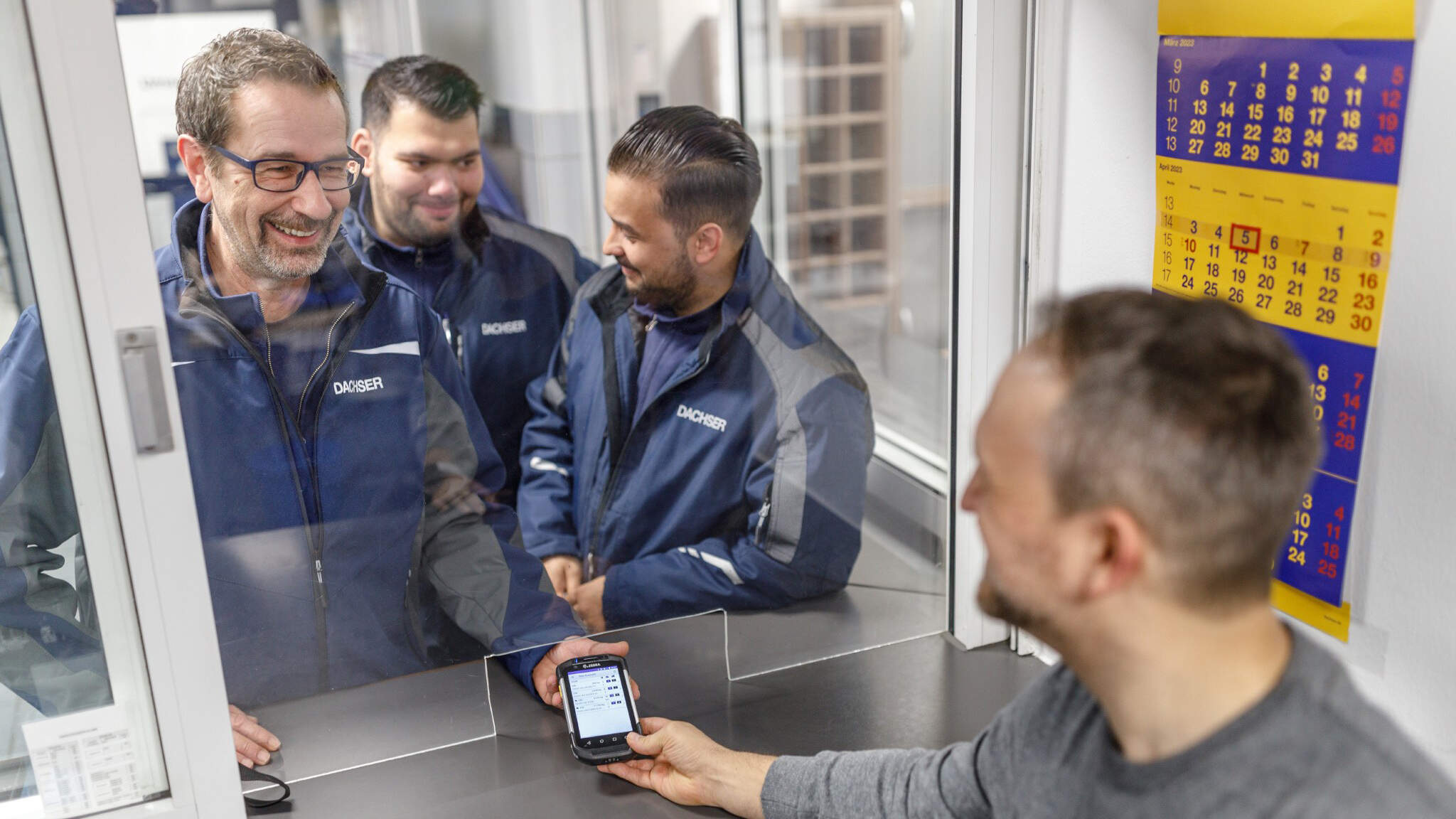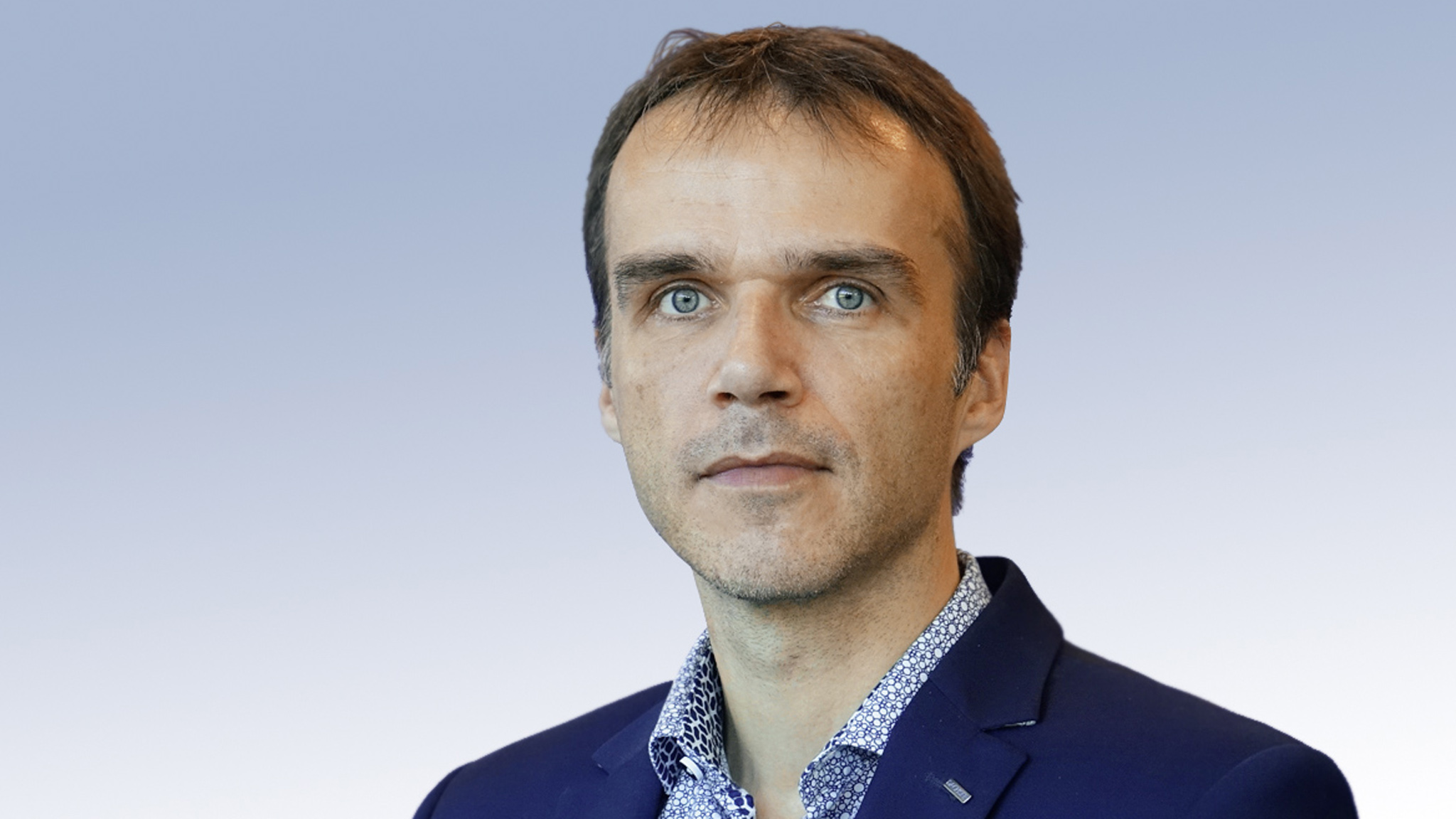"We need a cultural change and more appreciation"

Solutions to the driver shortage are needed. As a structural problem, it is one of the limiting factors in logistics in Germany, Europe and the world. Ten years ago, DACHSER founded a subsidiary dedicated to recruiting, training and retaining drivers in the long term. Managing Director Hendrik Jansen has led the initiative since the beginning.
Mr. Jansen, what is your interim assessment after ten years of commitment to driver training at DACHSER?
We founded DACHSER Service und Ausbildungs GmbH with the clear goal of using an exemplary training and further education program to attract people to the driving profession, inspire them, train them and secure them for the market in the long term. With this initiative, we are also supporting the independent transport companies, our service partners, who are often unable to provide training in their own companies alone.
We have achieved a great deal in the last ten years: we have professionalized the training of professional drivers as well as continuing vocational training and put all processes relating to drivers to the test. This included, for example, hiring a dedicated person in every German DACHSER branch - our fleet managers - to look after the needs of our drivers.
To give you some figures: Our aim is to inspire and recruit around one hundred people a year to train as professional drivers. We achieve this quite consistently.
That sounds more like a drop in the ocean....
In total, almost 400 people have successfully completed their training as professional drivers with us over the past ten years. This figure, which we are very proud of, shows the immense challenge we face: Although we manage to attract a constant number of people for training year after year, we cannot save the world alone in view of the industry-wide shortage. Training to become a professional driver is anything but trivial, the job is demanding and the responsibility is great. At the same time, society's appreciation of the driving profession leaves a lot to be desired. We are therefore immensely proud of every driver who successfully completes their training and enters this important profession.
How do you manage to find suitable drivers in the first place?
Finding good drivers is one thing. It is just as important to keep good people and motivate them further. We are all confronted with a pan-European problem: There are de facto too few people who want to pursue the driving profession. Attitudes towards work have changed: Today, it's all about topics such as work-life balance, a change in communication or meaningful and purposeful work. And these are precisely the levers we want to use: If we manage to bring about a change in the way we deal with our drivers - and I'm not just speaking for DACHSER here - then we will succeed in bringing about a cultural change and the resulting greater appreciation for this profession and the people who do it.

The shortage of drivers and skilled workers is a structural problem that cannot be solved single-handedly. What demands do you have for politicians to change the framework conditions?
Governments and authorities should step up their efforts to improve working conditions and access to the profession. In order to continue to provide customers with reliable and predictable transport and logistics services, we all need to address these issues: How do we recruit young people to enter a very demanding and therefore attractive profession? How can we make a job profile that has often been perceived negatively attractive to both men and women? How can we increase mutual trust and appreciation for people "on the road" and their tasks? And how can we use targeted training measures to get the ball rolling and pave the way out of the shortage? For us, it is crucial to focus on people and to awaken enthusiasm for the driving profession. But we will not be able to achieve this alone. All players are needed here.
What does a potential candidate for the driving profession need to bring to the table?
We are looking for people who are enthusiastic about the job. It used to be said that people had diesel in their blood. That's perhaps no longer so up-to-date today. But basically that's exactly what it is: people who see the driving profession with all its positive facets and who have the necessary motivation and passion. Together with our service partners, we then ensure that the environment is right and that our drivers are treated with appreciation and respect. Such appreciation and work culture is reflected at the professional driver level in modern, pleasant workplaces. But it also includes a state-of-the-art cab and ergonomics, as well as topics such as healthy eating, exercise and addiction prevention.
Let me give you another good example: We often let our trainees drive the e-transporters and e-trucks. They are curious and fascinated by the new technologies. And it goes down well at vocational school.
What are you personally proud of about this initiative?
Personally, I am proud of the fact that the number of young people we are able to inspire, motivate and attract to the profession of professional driver every year is constant and even increasing - in an environment that is becoming increasingly challenging. This shows me that our work is bearing fruit.
Thank you very much for the interview!
